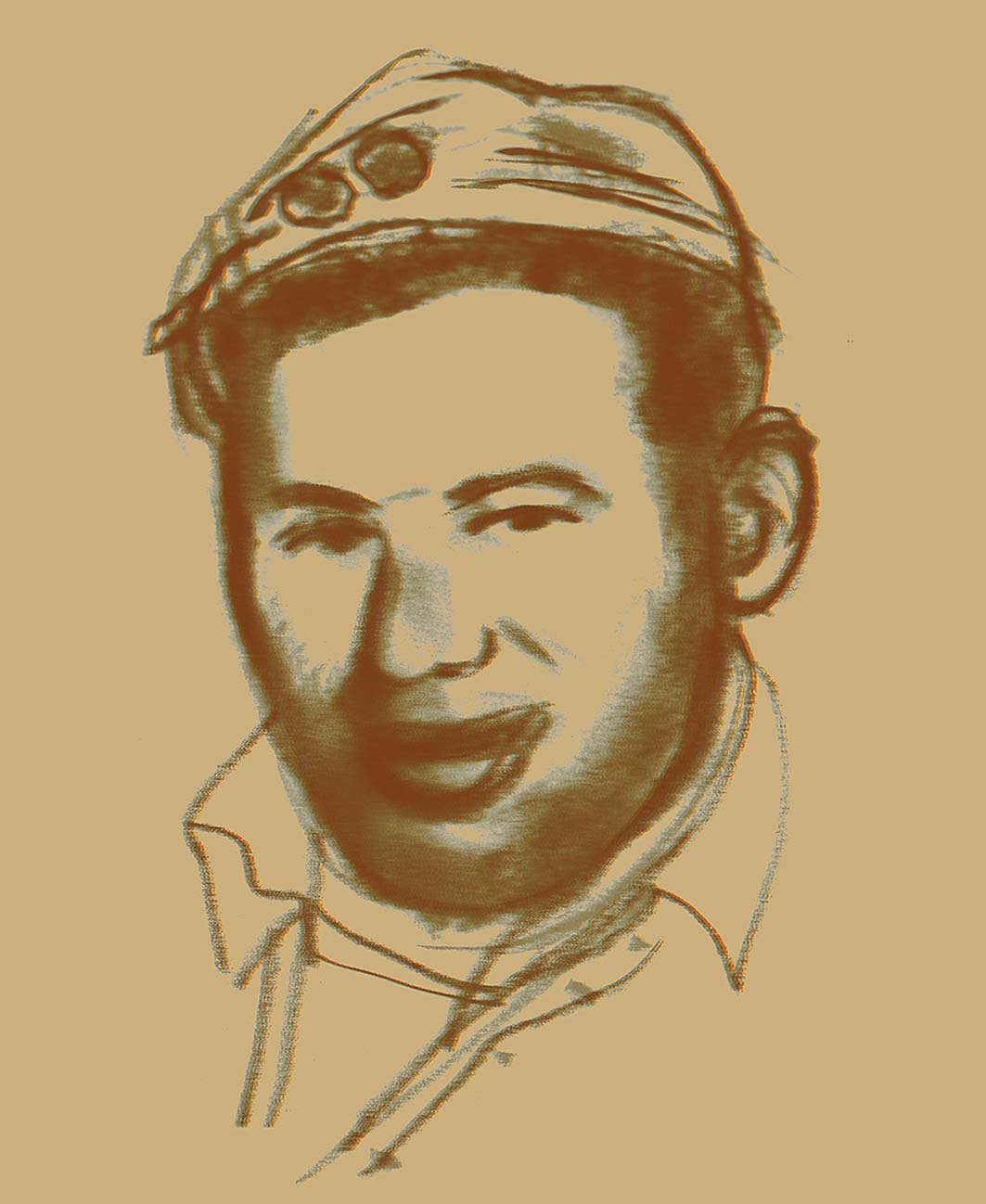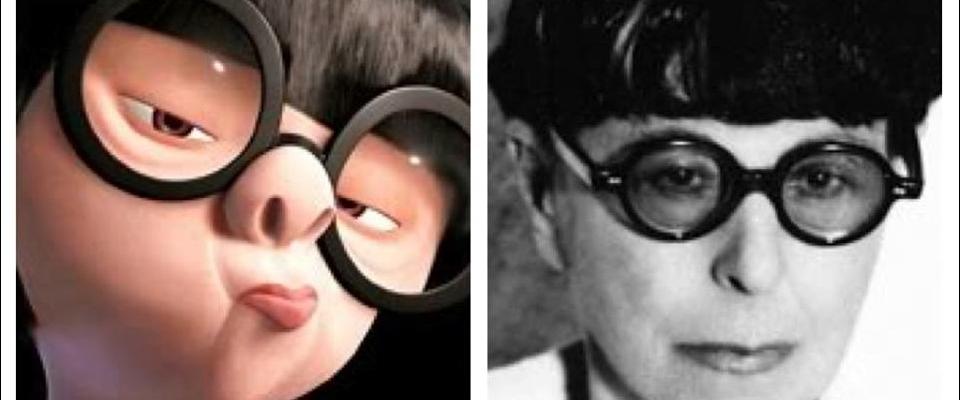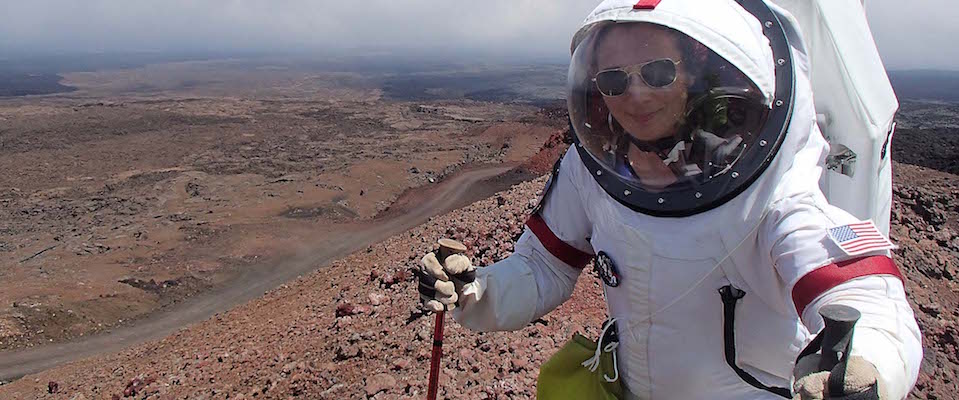I registered for the draft when I was 18 and was called up in March 1944, just five years after my parents and I had arrived in the United States as Jewish refugees from Nazi Germany. I still hadn’t finished high school and was technically an “enemy alien.”
My eyesight was so bad that I had to memorize and fake reading the first two lines of the eye chart to pass my physical. Certainly I wanted to fight the Nazis, but I also wanted to get away from home and be part of history in the making.
At basic training in Florida, I was the shortest guy in the company and very pimply. I was certainly not very heroic looking. I remember getting a day off to go to court to become a citizen. There were hundreds of guys there of all nationalities. The judge swore us in, and the Daughters of the American Revolution handed us little copies of the Pledge of Allegiance.
Most of the men and boys in my unit were rural Southerners who had never met a Jew but had suckled in anti-Semitism with their mother’s milk.
I was assigned to a heavy weapons company—machine guns and mortars—in the recently formed 63rd Infantry Division, ferociously dubbed Blood and Fire. We were shipped to Marseilles, and then my regiment, the 254th, was attached to the First French Army, fighting SS units encircled in the Colmar Pocket. My buddies and I spent months in foxholes in the Vosges Mountains during one of the coldest winters in French history. More of our men were put out of action by frostbitten feet than enemy bullets, and since the German soldiers had warmer boots than we did, when we found a dead one we “liberated” his boots.
Most of the men and boys in my unit were rural Southerners who had never met a Jew but had suckled in anti-Semitism with their mother’s milk. I told one guy I was Jewish, but he didn’t believe me because he didn’t see any horns and I hadn’t tried to make any money off him. He ultimately paid me the supreme compliment of labeling me a “white Jew.”
I performed no great heroics, but the grateful French awarded my regiment the Croix de Guerre. I eventually wound up with a Combat Infantryman Badge, Bronze Star Medal, and Presidential Unit Citation.
Toward the end of the war, when the higher-ups learned that I spoke German fluently, I was assigned to an army counterintelligence unit. Suddenly, at 19, I found myself living in the best house in town, with a lovely view of the Neckar River, after having evicted the German owners.
Maybe it’s the extremes of human experience that attracts men to war. One day you’re a freezing grunt eating ice-cold K rations; the next day you’re the all-powerful overlord, sleeping on soft beds, and servants are cooking you delicious meals. For me, the irony was even more sharply drawn. Five years earlier I had left Germany as a despised Jew, and now the same Germans couldn’t do enough for me.
At the time, the mythology was that the last-ditch Nazis would leave behind one man in each village to organize underground resistance to the Allied occupiers, and our counterintelligence job was to track these men down and take them into custody. Of course, every German I interrogated said that everyone, including his brother, had been an ardent Hitler follower—everyone except himself, of course. Invariably, the informant had been a stout anti-Nazi.
One day, I went to a village and everybody identified an 80-year-old blind poet as the village’s premier Nazi. When I confronted the man, he readily agreed and pledged his continued fidelity to the Führer. I didn’t arrest him but returned to my headquarters, demanding recognition for having found the only Nazi in all of Germany.
Then I was sent back to America. Our troop ship passed President Truman’s heading for the Potsdam conference. All the talk was about the forthcoming invasion of Japan, with the anticipated loss of perhaps a million GIs. I had no desire to be one of the statistics, so before heading for my home leave I dropped by the Pentagon in Washington, D.C., and, as a Private First Class, asked to see the general in charge of manpower.
Somehow my chutzpah worked. After saluting the general, I made my case: I argued that as a counterintelligence agent in Germany I would be of more use to the United States alive in Washington than I would be as cannon fodder on the beaches of Japan.
Two atom bombs later, Japan surrendered and I was sent to Fort Sam Houston in Texas to learn how to type, and filled out discharge forms for soldiers returning to civilian life.
The outside marquee announced, “The Jews Fight for Their State.” For the first time, it fully hit me that the supposedly “cowardly” Jews were taking on five vastly superior Arab armies.
One day, however, I was called in by the company’s First Sergeant and told to report to a Manhattan office on Wall Street for a top-secret project. This turned out to be a six-day course at Fort Eustis in Virginia for “good” German POWs—to train them to become the small-town mayors and civil servants of a future democratic Germany. The Germans labeled the course the Six-Day Bicycle Race, and my job was to interrogate them to figure out who was still a die-hard Nazi and who wasn’t.
Just before I was discharged with the rank of sergeant, a man came to our office, said there would be a trial in Germany of war criminals, and that translators were badly needed. He offered tempting inducements, but my father was ill and I had already been accepted at UCLA, so I declined—and missed the Nuremberg trials.
That was my first war. Then in mid-May of 1948, having transferred to UC Berkeley, I was walking down Market Street in San Francisco, when I passed a small movie theater screening only newsreels. The outside marquee announced, “The Jews Fight for Their State.” For the first time, it fully hit me that the supposedly “cowardly” Jews were taking on five vastly superior Arab armies. I took the train back to Berkeley but had a hard time focusing on my classes. With my junior year nearing its end, I decided to join the fight for the creation of a Jewish state.
This had to be done clandestinely because fighting in a foreign army could mean loss of American citizenship and/or jail time. Eventually I made my way to New York, was put on a ship to France, and thanks to my contributions to the Berkeley humor magazine, the Pelican, was named editor of the ship’s mimeographed newsletter.
We made our way to Israel and I became a squad leader in the 4th Anti-Tank unit, which consisted solely of “Anglo-Saxon” volunteers—that is, English-speaking Jews from the U.S., Great Britain, South Africa, Australia, and Canada.
When we arrived at the unit’s encampment, I quickly noticed that something was missing—there were no anti-tank guns in sight, only one wooden replica of a cannon. When I asked where the real guns were hidden, I was told there were none, but as soon as the Israeli infantry captured a gun from the enemy, he said, we would be in business. Indeed, within a short time, our unit of about 60 men welcomed a 17-pounder artillery piece, a British army relic of World War I.
The Egyptians held out from October 1948 until the armistice was signed in the spring of 1949. Our unit was part of the encircling Israeli forces, and one day we got an amazing surprise: A shipment of top-rated anti-tank guns had arrived from Czechoslovakia, originally destined for the German Wehrmacht. The weapons were so new, they were still wrapped in the original oilcloth, which we quickly ripped off to discover, stamped into the side of the gun barrel, a big, fat swastika.
How is that for irony—a bunch of Jewish guys firing a swastika-emblazoned gun at the enemy?
My third and final war was, fortunately, the least exciting. In 1950, I was re-drafted by the U.S. Army for the Korean conflict. This time I made sure that during the physical the examining doctor knew about my poor eyesight, but was told that the American army was now in such straits that anybody walking through the door was classified as fit for combat duty.
However, my newly minted Berkeley journalism degree saved my sanity, and probably my life. I spent a happy year at the Presidio of San Francisco, editing an army newspaper for the Letterman Army Hospital, and in the evenings enjoyed the fleshpots of the city. My one-year editorial stint gave me entrée to the San Francisco Chronicle, starting as a copyboy, then writing shipping news and obits, and finally as a full-fledged reporter—the start of my long, and continuing, journalistic career.
But that’s another story.
Tom Tugend is a veteran journalist and at age 90 still serves as contributing editor/correspondent/reporter for the Jewish Journal of Greater Los Angeles, Jewish Telegraphic Agency global wire service, daily Jerusalem Post (Israel), and Jewish Chronicle (UK). In January, he was inducted into the French Legion of Honor for his “personal and precious contribution” to the liberation of France in WWII.
Alina Tugend, Tom’s daughter, is a columnist for The New York Times and a regular contributor to California.





















